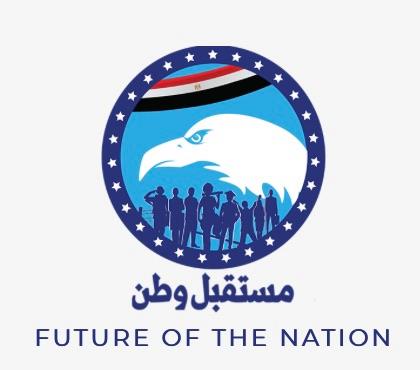Last July, Egyptian Finance Minister Mohamed Maait confirmed that one of the reasons for the economic crisis ravaging the country is the government’s wrong policy of relying on hot money. He said, “We learned from hot money flight, three times in a row, in 2018, 2020 and 2022,” adding, “The state’s strategy now is that the government will not rely on this type of money again.”
The speech at the time seemed promising, as it was a rare official recognition of severe mistakes in the economic policies pursued by the government and a promise to change them. However, what happened was the opposite, as recent official data revealed that the government had once again relied on hot money.
Recurrent mistakes
Hot money is defined as money that roams the world in search of investment opportunities by taking advantage of the economic conditions of countries, such as high-interest rates or the low exchange rate of the local currency against the dollar. They are often short-term investments directed to treasury bills and bonds offered by the government for borrowing or shares of companies listed on the stock exchange to take advantage of the low local currency.
After floating the Egyptian Pound in November 2016, and the rise in the dollar’s exchange rate by more than 100%, in conjunction with raising interest rates, Egypt has become an attractive destination for hot money. Foreign investment in government debt securities has jumped by more than $17 billion in less than one year. Despite the warnings of economists against relying on these funds, which may exit the market at any moment if it finds a better opportunity or feels danger for investment, the government was happy with these funds and reviewed them among its “achievements.”
What experts warned about happened in early 2020 with the start of the Corona epidemic invading the world. Because of it, $20 billion in hot money came out of Egypt at once. The government used foreign exchange reserves to solve the hot money crisis, which soon passed, as hot money returned due to the interest rate, which was among the highest in the world.
According to observers, the “red flag” of hot money in 2020 was a real opportunity for the government to learn and start correcting its wrong economic policies and to build a real economy based on manufacturing and exports to adjust the trade balance, but it didn’t.
Hot money returned to flowing again until the shock occurred in February 2022 when Russia invaded Ukraine, reinforcing the economic crisis left by the Corona pandemic. Central banks, led by the US Federal Reserve, were forced to raise interest rates to record levels. Hot money quickly fled from Egypt. Within a few weeks, $22 billion left the country, which led to an acute shortage of hard currency and a series of economic crises.
Vicious circle
Despite the government’s assertion that it “learned the lesson of hot money’s error,” which severely damaged the Egyptian economy, we can see it didn’t. According to data from the Central Bank of Egypt, about $925 million of hot money entered the Egyptian market from January 11 to January 16, 2023.
Hot money returned after the Central Bank of Egypt devalued the pound against the dollar, bringing it closer to the black-market price, allowing banks to promote financial derivatives in the exchange market that would enable customers to hedge against the risks of exchange rate fluctuations. The Central Bank also provided a special interest rate, as it raised the interest on all terms of treasury bills three times, within a period not exceeding two weeks, by about 3%, to exceed 21%.
The decision to rely on hot money was a conscious decision after the government found itself unable to provide foreign exchange. Still, according to Wael Gamal, head of the Economic and Social Rights Unit at the Egyptian Initiative for Personal Rights, it is “a re-creation of the problem that Egypt is currently in. Relying on foreign investments in bills and bonds are always linked to a specific time with conditions and interest up to a quarter of the value of their investments.” Gamal added: “Foreigners earn from interest, as they demand it in dollars. Even if they wait until the end of the period, this hot money will go out, and at that time, the foreign investors will also take their money in dollars. They are just buying time with approximately a quarter of the value of the money that comes.”
The Egyptian economy is spinning in vicious circles as the government buys some time and reuses the same tools that led to the crisis to postpone the explosion, hoping for a miracle temporarily. But the problem, according to observers, is that the subsequent explosion will have a much more significant impact on Egypt and its citizens.





Recent Comments